Health And Medicine
-

Study finds generic options offer limited savings for expensive drugs
Generic drug options did not reduce prices paid for the cancer therapy imatinib (Gleevec), according to a Health Affairs study released this week. Read MoreMay 9, 2018
-
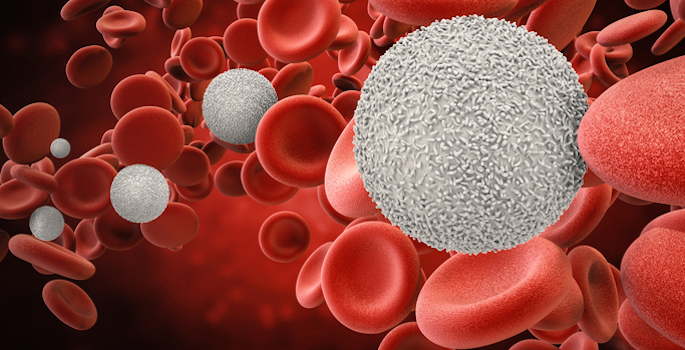
Putting the brakes on sepsis
An enzyme called PTEN reduces inflammatory signaling and mortality in sepsis, suggesting it may be a good therapeutic target for this life-threatening complication of infection. Read MoreMay 9, 2018
-

Records point to drug-drug interaction
Patients who take a cholesterol-lowering statin drug while taking the antibiotic daptomycin have increased risk of developing muscle weakness or a more severe form of muscle damage. Read MoreMay 7, 2018
-
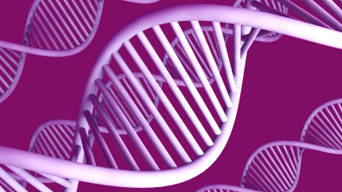
New breast cancer targets
A special genetic analysis has revealed candidate genes associated with increased risk of breast cancer. Read MoreMay 4, 2018
-
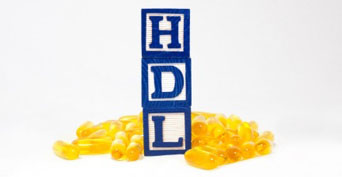
Understanding HDL structure
Structural features of newly formed HDL particles will help guide understanding of “good cholesterol” and its function. Read MoreMay 3, 2018
-
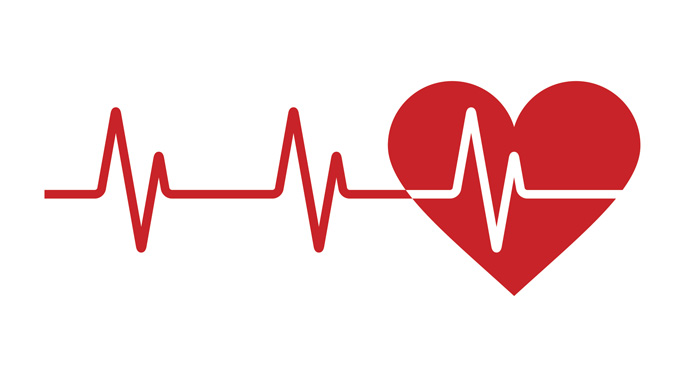
Gene study spots clues to heart risk for statin patients
A Vanderbilt-led research team has discovered genetic variations that increase the risk of heart attack even when patients are receiving a statin drug like Lipitor or Crestor to lower their blood cholesterol. Read MoreMay 3, 2018
-

New report shows prevalence of autism rising in U.S.
The prevalence of U.S. children with autism spectrum disorder (ASD) is now 1 in 59, according to new estimates released Thursday by the Centers for Disease Control and Prevention (CDC), a significant increase from the 1 in 68 estimate in 2016. Read MoreApr 26, 2018
-

Study seeking to isolate antibodies against rabies virus
Few people die from rabid animal bites in the United States thanks to the near-universal availability of human rabies immune globulin and rabies vaccine, which are given as separate shots as soon as possible after exposure to the rabies virus. Read MoreApr 26, 2018
-
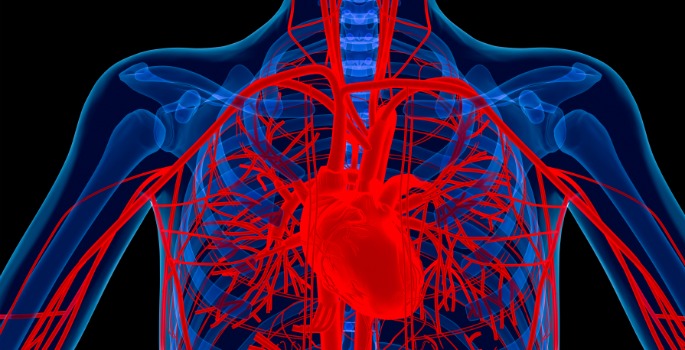
Gene expression in mitral valve disease
A protease gene family may be new targets for treating mitral valve disease, which causes blood to flow backwards in the heart. Read MoreApr 25, 2018
-

Toxin floats on lipid rafts
The bacterium H. pylori is a leading cause of stomach cancer, and Vanderbilt researchers are studying how one of its toxins gets into cells. Read MoreApr 23, 2018
-
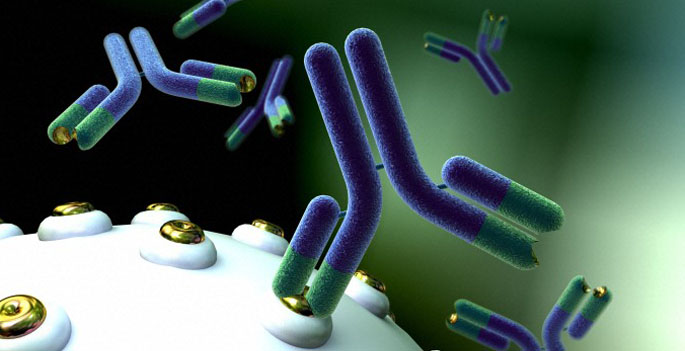
Disease-fighting antibody production
New research links nutrient-responsive cellular signaling to the antibody-mediated immune response. Read MoreApr 20, 2018
-
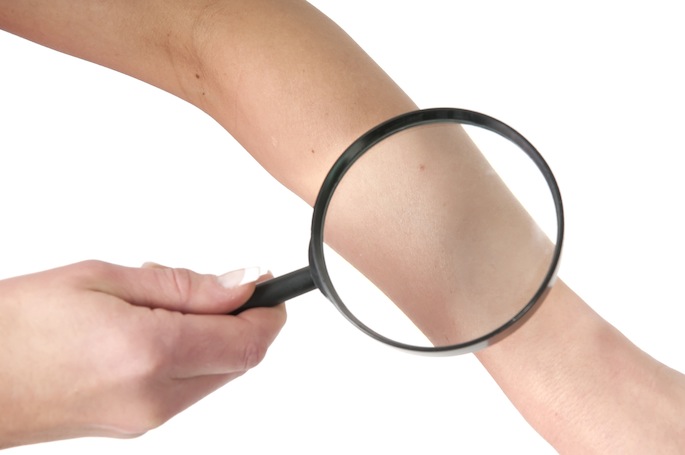
How the skin protects
Treatments for common skin conditions such as atopic dermatitis may be improved by understanding the enzymes responsible for forming the skin’s water-tight barrier. Read MoreApr 19, 2018
-
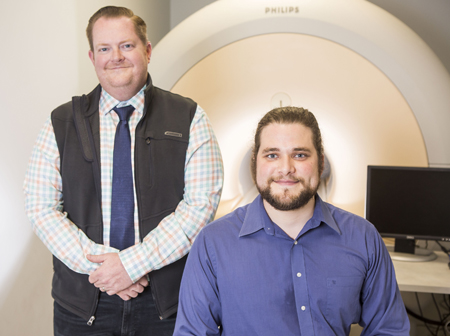
MRI technique detects spinal cord changes in MS patients: study
A Vanderbilt University Medical Center-led research team has shown that magnetic resonance imaging (MRI) can detect changes in resting-state spinal cord function in patients with multiple sclerosis (MS). Read MoreApr 19, 2018
-

Characterizing ‘keyhole’ is first step to fighting obesity at the cellular level
A Vanderbilt team and their international colleagues characterized for the first time a complex, little-understood cellular receptor type that, when activated, shuts off hunger. Read MoreApr 18, 2018
-

Agreement renewal bolsters liver tumor research
Sirtex Medical Ltd. has renewed a grant award to Dan Brown, MD, professor of Radiology and Radiological Sciences and chief of Interventional Oncology, and his Vanderbilt Health colleagues, for a research program designed to treat patients with liver tumors that cannot be addressed with surgery. Read MoreApr 12, 2018
-

VICC breast cancer leaders named Komen Scholars
Ingrid Mayer, MD, MSCI, Ingram Professor of Cancer Research and leader of the Breast Cancer Research Program at Vanderbilt-Ingram Cancer Center (VICC), has been named a Komen Scholar for her leadership in breast cancer research. Read MoreApr 12, 2018
-
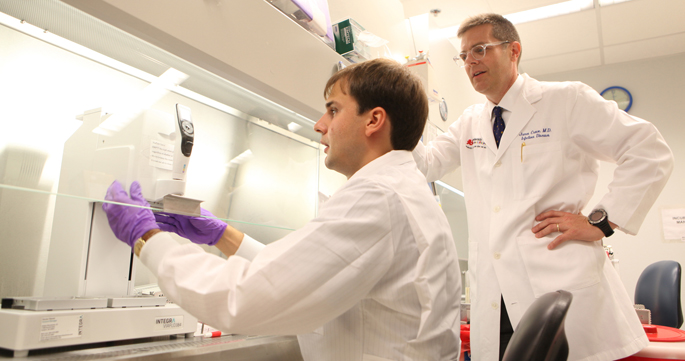
Research lab honored by World Vaccine Congress
The laboratory of James Crowe Jr., MD, director of the Vanderbilt Vaccine Center, received the 2018 Vaccine Industry Excellence Award for Best Academic Research Team at the 18th World Vaccine Congress in Washington, DC, this week. Read MoreApr 12, 2018
-
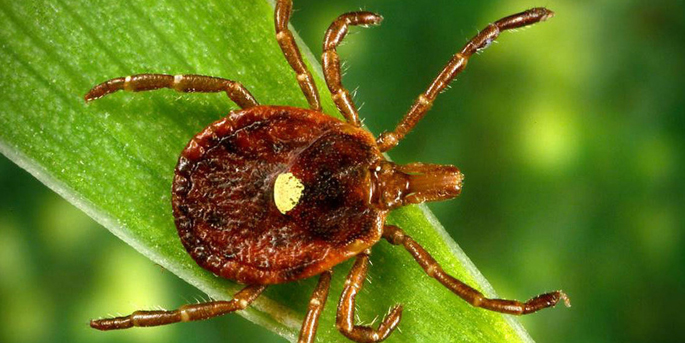
Alpha-gal found to be both a medication and red meat allergy
Alpha-gal allergy has commonly been referred to as “the red meat” allergy, but doctors at the Vanderbilt Asthma, Sinus and Allergy Program (ASAP) helped uncover that not only red meat, but some medications, can contain alpha-gal. Read MoreApr 12, 2018
-
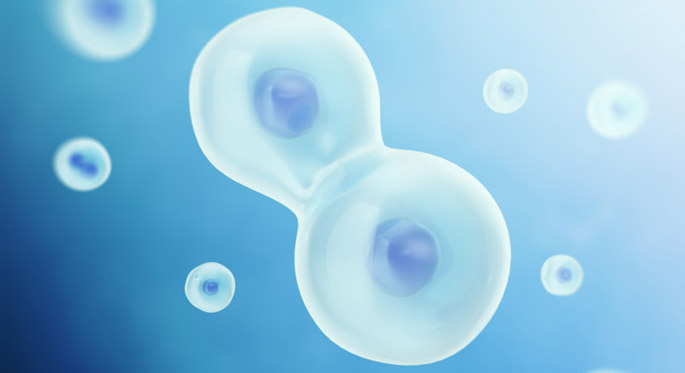
“Idling” cancer cells may return
Vanderbilt investigators have discovered that cancer treatment induces an “idling” state for cells, which could promote resistance to treatment. Read MoreApr 11, 2018
-

Vanderbilt scientists test potential new way to treat anemia
Treatment of anemia caused by chronic kidney disease or other diseases often requires repeated — and costly — injections or infusions of an artificial form of the hormone erythropoietin (EPO), which stimulates production of red blood cells. Read MoreApr 10, 2018